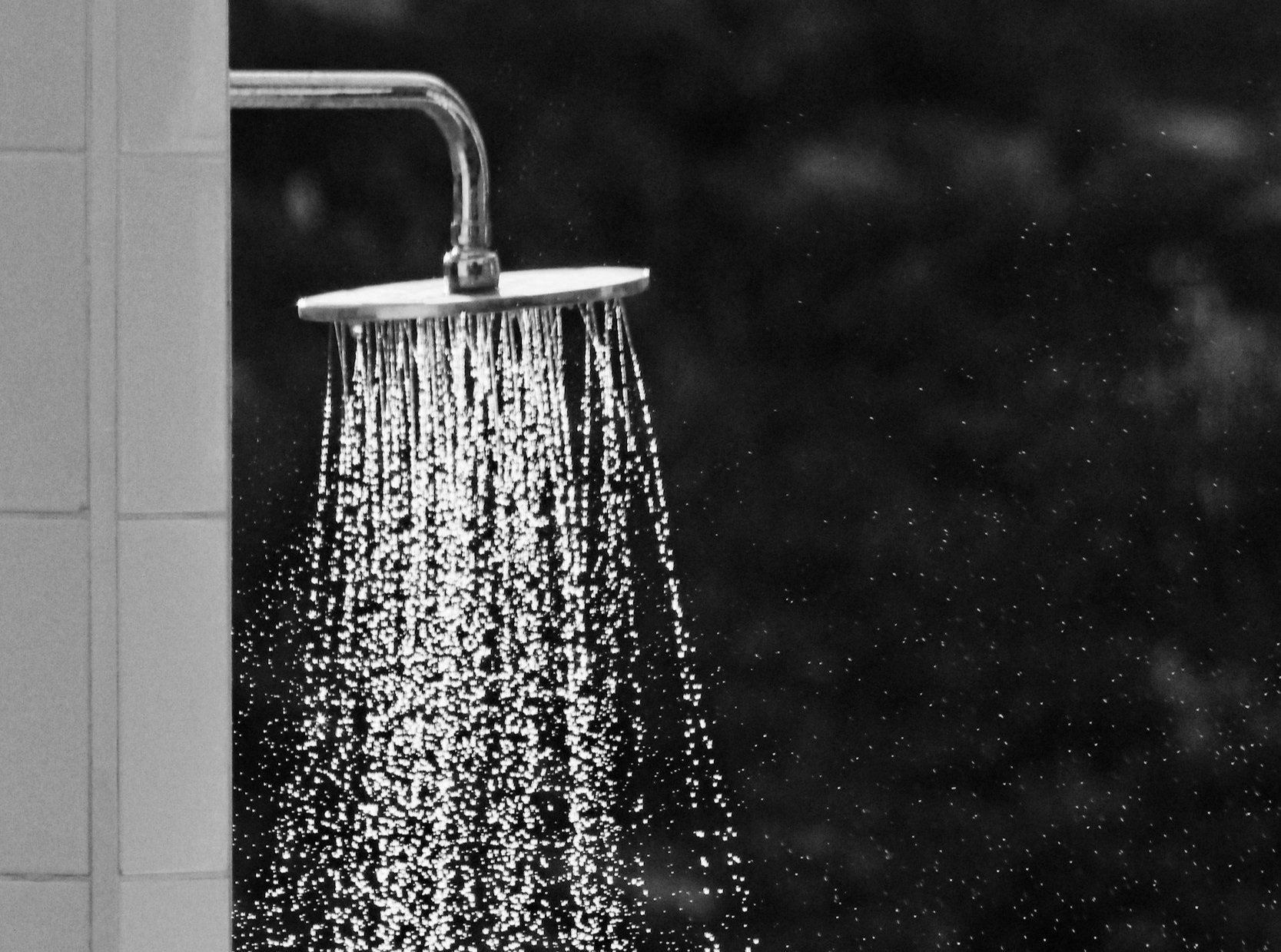Phoenix Metro Area
Water Heater
Hot water when you need it—repairs, replacements, and installations done right. Trust Yellowstone for reliable water heater solutions.
Cold showers? Inconsistent temperature? Your water heater might be on its last leg. Whether it’s a simple repair or a full replacement, Yellowstone Plumbing gets your hot water flowing again fast. We service all makes and models, and we’ll help you choose the most efficient solution for your home and budget.
“Thank you for saving us from our plumbing nightmare!”
— Elizabeth L.
Water Heater Leaking?
A leaking water heater is no joke — it can cause serious water damage and usually means the unit needs repair or replacement.
Here's what to do right away:
-
Look for the cold water shut-off valve above the water heater and turn it to stop the water supply.
-
Electric Water Heater: Flip the breaker at your electrical panel.
Gas Water Heater: Turn the gas valve to the “off” position.
This helps prevent further damage — and keeps you safe.
-
If the leak is bad and water is spreading, you can connect a garden hose to the drain valve at the bottom of the tank and run it to a floor drain or outside. Only do this if you’re comfortable and it’s safe.
-
A leak could be coming from:
A loose valve or fitting (quick fix)
The temperature/pressure relief valve (T&P)
Corrosion inside the tank (usually means replacement)
We’ll inspect it, stop the leak, and walk you through your repair or replacement options.
From slab-built homes to commercial buildings, Yellowstone Plumbing delivers water heater services across the Phoenix metro area.
Running Out of Hot Water?
If your hot water doesn’t last as long as it used to, your water heater may be struggling to keep up. Here are the most common reasons—and what to do about them:
-
Minerals from hard water settle at the bottom of the tank over time, forming a layer of sediment. This:
Takes up valuable space inside the tank
Makes your water heater work harder
Reduces the amount of hot water available
Fix: A professional water heater flush can restore performance—if the buildup isn’t too advanced.
-
Electric units have two heating elements. If one fails, you’re only getting half the hot water.
Fix: We’ll test and replace the faulty element if needed.
-
If the thermostat is set incorrectly or has malfunctioned, your water may not be heating to the right temperature.
Fix: We’ll recalibrate or replace the thermostat to restore proper heating.
-
Have your hot water needs changed—like more people at home or longer showers? Your tank might just not be big enough anymore.
Fix: Consider upgrading to a larger tank or switching to a tankless water heater for endless hot water.
Why Is Your Water Heater Making a Popping Sound?
If your water heater sounds like it’s popping, crackling, or rumbling when it kicks on, you’re probably dealing with sediment buildup in the tank.
Here’s What’s Happening:
Over time, minerals from hard water settle at the bottom of your tank. As the water heats up, it gets trapped under that layer of sediment. The trapped water turns into steam, and when those steam bubbles push through the buildup—they pop.
It’s basically like boiling water under a tight lid… just inside your water heater.
What You Should Do:
Have the Tank Flushed
A professional flush can remove the sediment if it hasn’t hardened too much.Check the Anode Rod
If your tank’s older, we may also recommend replacing the anode rod to help prevent corrosion.Consider Replacement
If the tank is older and full of hardened sediment, flushing may not help — and it could be time for a new unit.
Tankless Water Heaters: A Smart Upgrade for Many Homes
Depending on your household’s needs, a tankless water heater could be the perfect fit. For many families, it’s a worthwhile investment that delivers comfort, savings, and long-term value.
Pros of Going Tankless:
-
No more running out during long showers or when the whole family’s using hot water back-to-back.
-
Heats water only when you need it (unlike a tank that keeps water hot 24/7). That can mean lower energy bills.
-
Wall-mounted and compact — frees up floor space in garages, closets, or utility rooms.
-
Tankless units usually last 15–20 years, compared to 8–12 years for a traditional tank.
-
No tank = no rust or sediment sitting in stored water.
Things to Consider:
-
Installation and the unit itself are more expensive — but you often save in the long run through efficiency and lifespan.
-
Depending on your home, we might need to upgrade your gas line or venting. Electric models may need a higher amp breaker.
-
If your household uses a lot of hot water at once (like multiple showers + laundry + dishwasher), you’ll need the right size unit — or even multiple units — to keep up.



